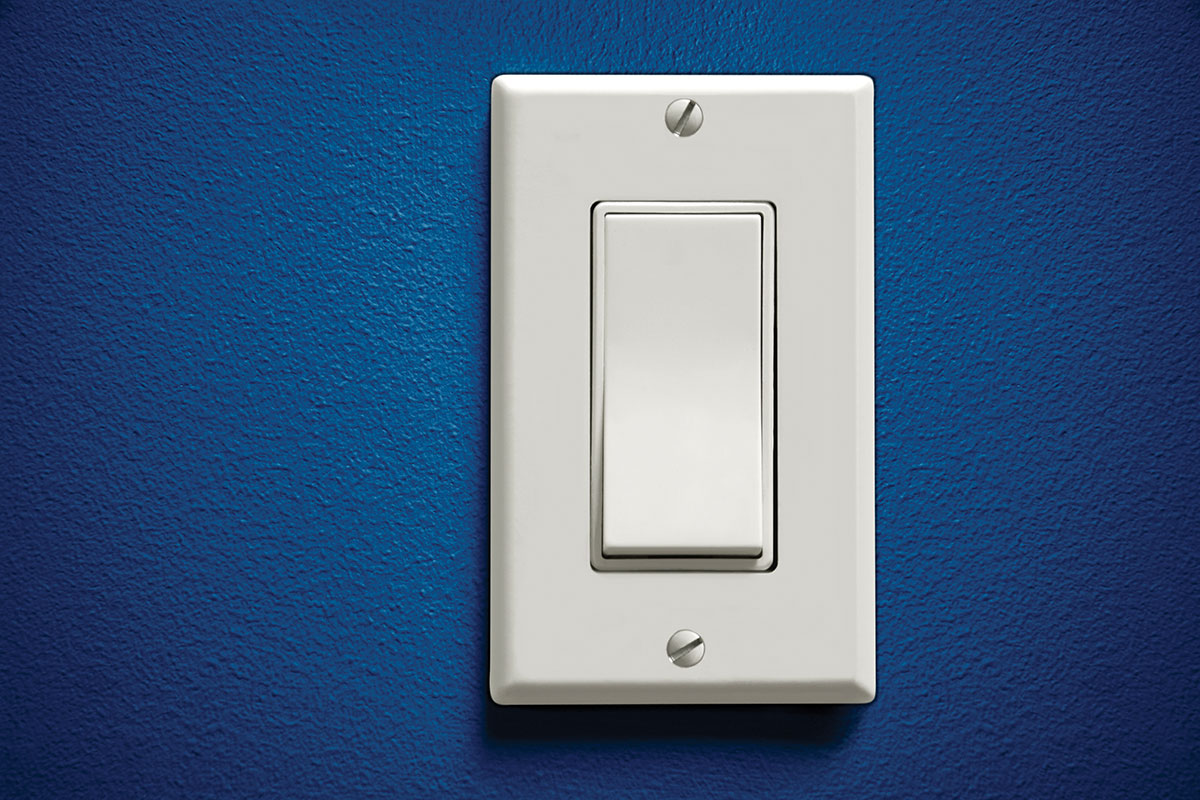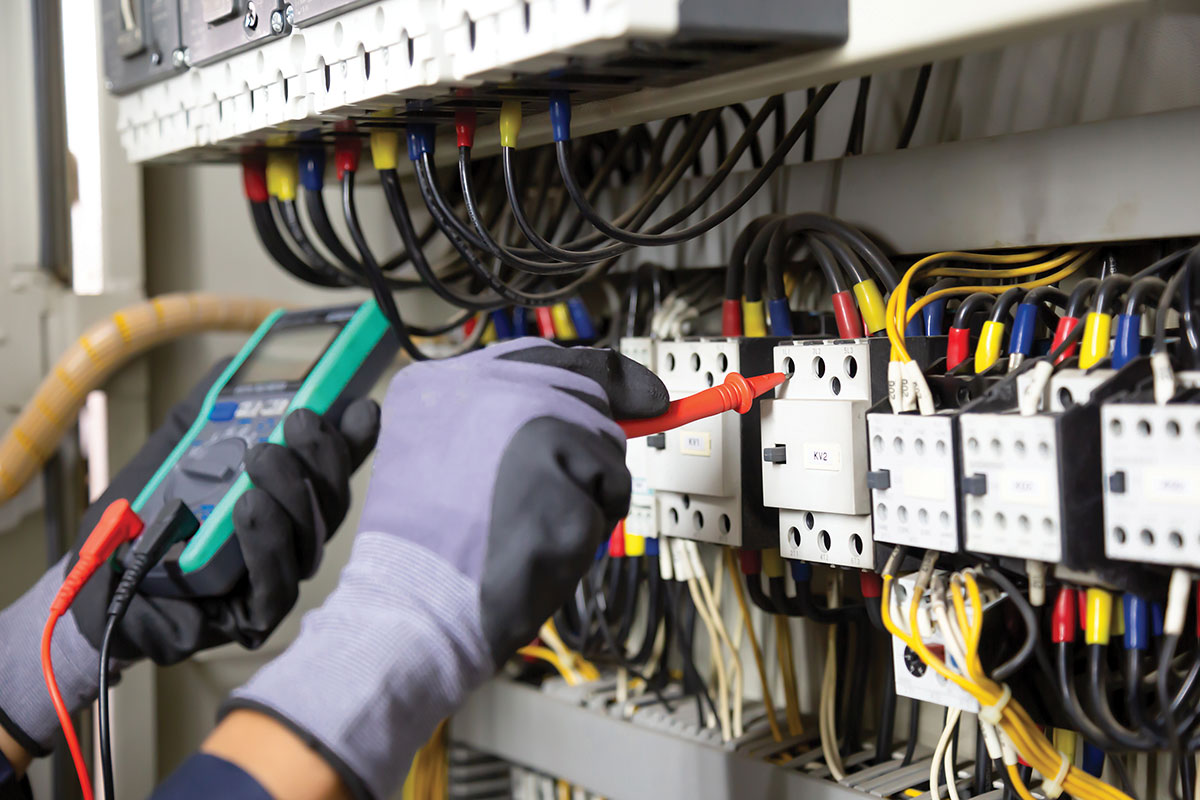The recent tragic and unnecessary death of yet another one of our children at play can not be acceptable to any concerned person, local elected official, or Florida legislator. Touching a light pole should not cause anyone’s death. We have witnessed too many deaths due apparently to faulty electrical work.
State Representative Carlos Lacasa (R-Miami) worked diligently on behalf of the Florida Home Builders Association to help pass legislation prohibiting Miami-Dade County from enforcing its electrician licensing requirements. Yet we continue to see cause for returning to these local laws that once required people who install electrical wiring to be licensed and certified as “competent.”
Training required
The Florida Legislature has chosen not to license people who do electrical installations and has prohibited counties from imposing their own licensing requirements. Yet, the Florida Legislature does require people who do hair coloring, hair relaxing and permanent waving to be individually licensed. They obtain licenses only after a minimum of 1,200 hours of training and by passing an examination.
Similarly, the Florida Legislature has determined that the public needs the protection offered by licensing from people who do electrolysis. They are required to complete 120 hours of training and to pass a written examination.
As of this writing, I have yet to hear of an individual death caused by improperly applied hair coloring or from the permanent removal of body or facial hair via electrolysis.
Just in case legislators have to be informed: “Electricity kills.”
For obvious safety reasons, licensing electrical workers is in the public’s best interest. The National Electrical Contractors Association and the International Brotherhood of Electrical Workers have long supported the licensing and certification of electrical workers. We once again urge Representative Lacasa, members of the South Florida delegation and other members of the Florida Legislature to ensure that every person in Florida has the protection and peace of mind of knowing that the qualifications of people working on electrical installations in their homes, offices and recreation areas are subject to the same sort of scrutiny (training, examination and experience) as those of people who dye hair or remove unwanted hair.
This guest editorial appeared in The Miami Herald and is reprinted here by permission from Contractor’s Code Letter.














Find Us on Socials